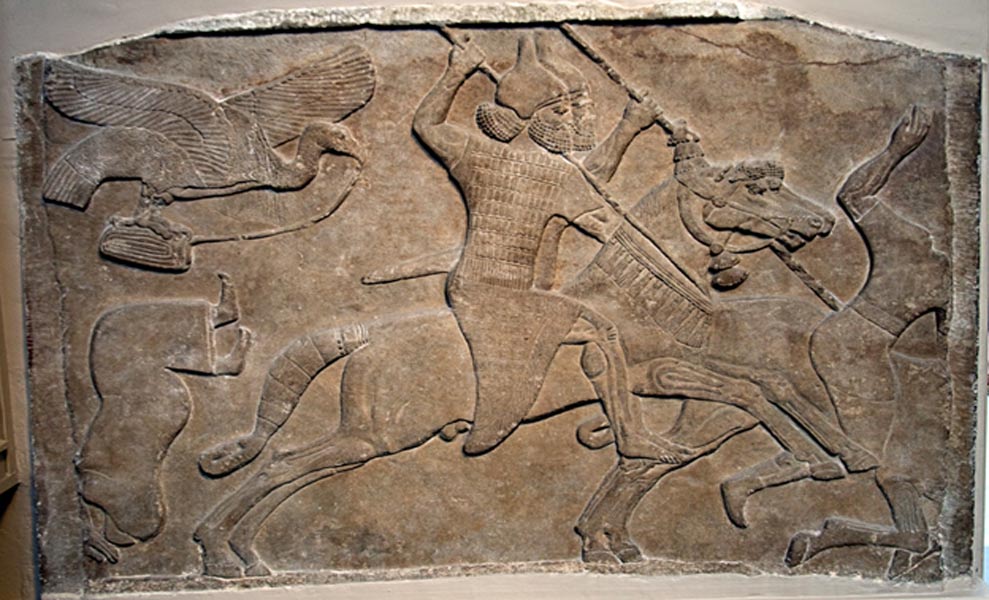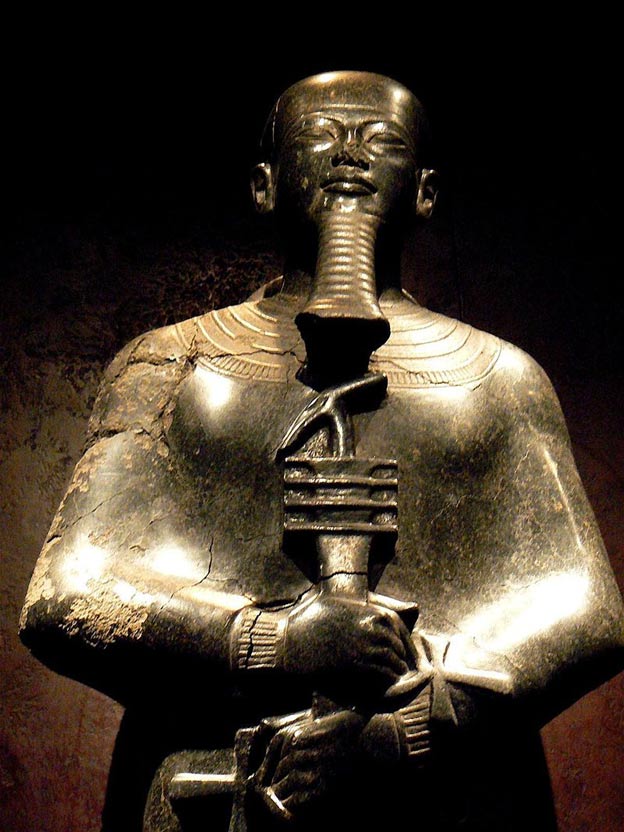
A Tale of Pestilence: Did Egypt Wield a Secret Weapon against the Assyrians?
In 700 BCE, The Assyrian army commanded by King Sennacherib invaded Egypt.
Before the Assyrians pushed any further into Egypt, the Assyrian army made camp at Pelusium, which is located on the salt flats and flax fields of northeastern Egypt. It was to be an easy victory in Sennacherib’s eyes, for the enemy Pharaoh’s soldiers would not fight for him. The “warriors of the Egyptians refused to come to the rescue,” according to Greek historian Herodotus.
The reason for this is that Pharaoh Sethos of Egypt had distanced himself from the warrior class, holding them with great contempt, and felt that their service was needed no more.

Sennacherib, king of Assyria 705 BCE–681 BCE. (Public Domain)
Herodotus wrote: “After him there came to the throne the priest of Hephaistos, whose name was Sethos. This man, they said, neglected and held in no regard the warrior class of the Egyptians, considering that he would have no need of them.” The reason for this odd and dangerous move was due to dreams and visions of grandeur.
Pharaoh Sethos
As Herodotus mentioned, Sethos was a priest, thus divinely inspired, and felt that the gods were on his side thus he was not needing an army. But reality soon enveloped the Pharaoh. For a brief moment his divine omnipotence was shaken and he was left to humble and lament himself before the god: “the priest, being driven into a strait, entered into the sanctuary of the temple and bewailed to the image of the god the danger which was impending over him.” As the priest bellowed and begged the god Ptah for an answer, as Pharaoh Sethos slept, dreams and visions were bestowed upon him, the god Ptah is said to have spoken with Pharaoh Sethos saying: “that he should suffer no evil if he went forth to meet the army of the Arabians; for he himself would send him helpers.”

Statue of Ptah, Egyptian deity of craftsmen, architects and creation. (CC BY 2.0)
When the Pharaoh awoke from his translucent dream, he stood up with full confidence and walked out of the sanctuary to meet and greet his people letting them know that all would be well.




